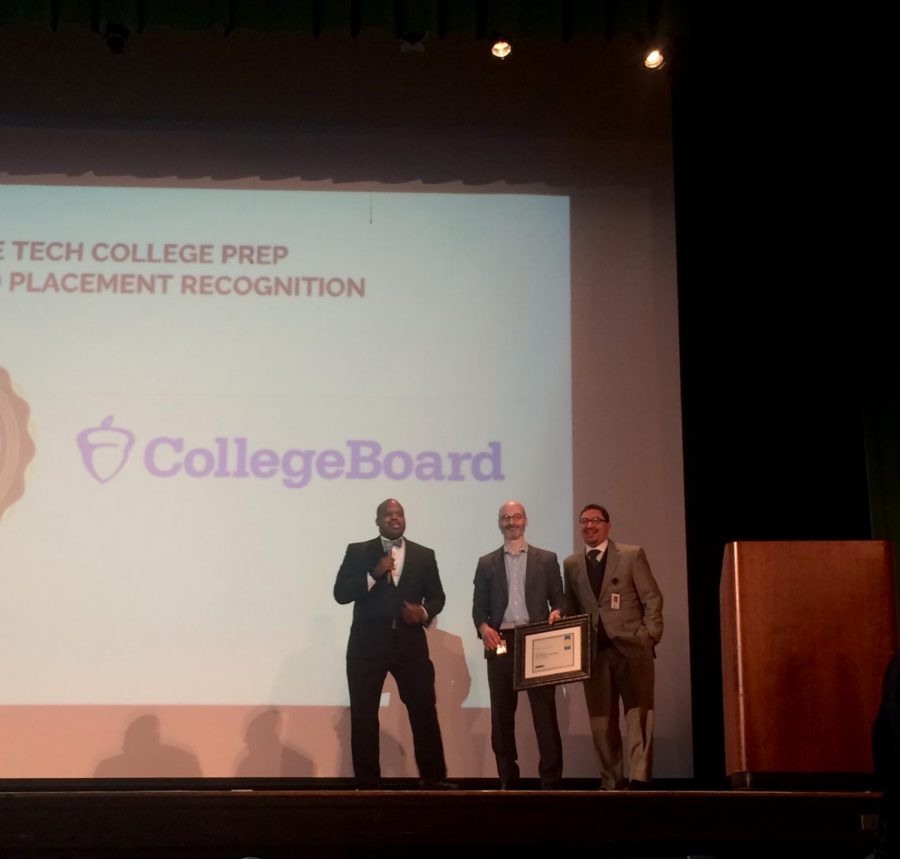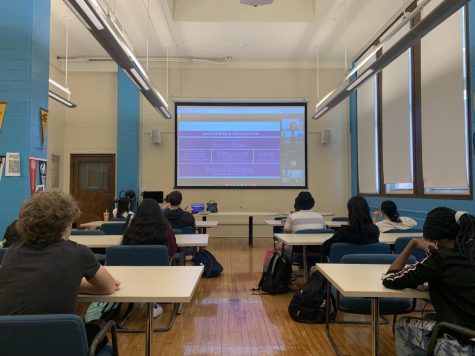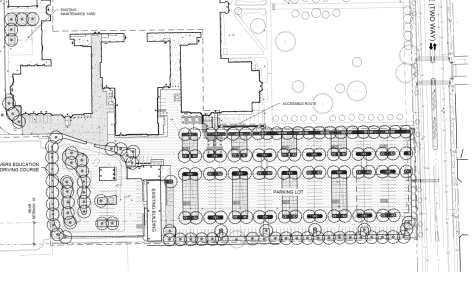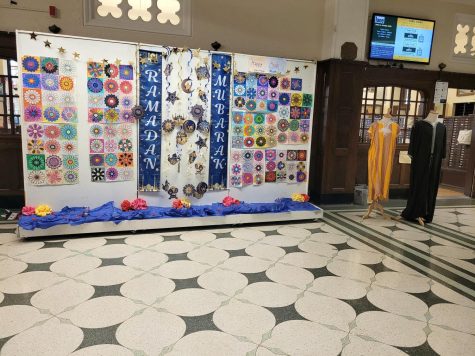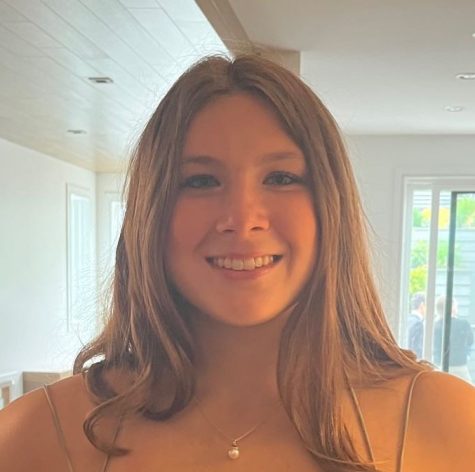CPS receives AP District of the Year Award from College Board
Mr. Tennison receives District of the Year Award from Greg Walker, Vice President of the Midwestern Region for College Board.
April 7, 2018
Being immigrants from Mexico, the Rivas family always had the fear that they would be evicted from their home. When Adrian Rivas, Div. 874, was only 14 years old, his family was evicted from their home by armed sheriffs. A few days later, his younger sister contracted appendicitis.
Rivas had to learn how to be responsible at a young age, and put effort into the things he did. He always challenged himself by taking the hardest classes, and came to Lane expecting rigor in the courses.
“I didn’t fully understand what AP was until I talked to my counselor and my teachers and they kept pushing me,” Rivas said. “[Counselors and teachers] told me that AP was a good route for me to take. Ever since I was young I liked to push myself to take the hardest classes.”
One day, Rivas’ nanoscience teacher told him that Ms. Hanly needed him in her office. When first hearing that an assistant principal needed him in their office, he thought of all the things he might have done wrong, Rivas said.
However, Rivas wasn’t in trouble at all. Instead, he was told that he was given the opportunity to speak at the assembly on Feb. 23, which recognized Chicago Public Schools and their accomplishments in advanced placement (AP) programs.
AP classes during their third period were invited to the assembly. Greg Walker, the Midwestern Regional Vice President, awarded Mr. Tennison with the District of the Year award. According to a press release from the mayor of Chicago, CPS had previously won this award in 2011.
Lane has the largest Advanced Placement program in the city, according to the Lane Website. The AP program is something not enforced throughout all high schools, but can help students win scholarships, save money for college, earn college credit, and challenge students.
Rivas will also be speaking in a National Conference that College Board is holding in July.
“This year it’s [College Board National Conference] held in Texas for three or four days,” Rivas said. “I’m going to give a revised speech and speak in a panel about my experiences, sort of like a Q and A.”
The assembly also included a word from Mr. Gonzalez, an AP Research teacher here at Lane. In his speech, he explained how his current and former AP Research students have done work that impacts the world around them.
“These students have used their experiences in AP to further solidify their interest in their respective fields at the college level,” Mr. Gonzalez said.
Mr. Parsons, an AP Psychology teacher, explained that the AP program is something that all students should take advantage of. Not only does it give college credit, but it expands your knowledge with college content, according to Mr. Parsons.
“We have a lot of students who are smart enough to go to college, but a lot of them have financial issues which may prevent them from going to college,” Parsons said. “By giving them [students] AP exams, we’re helping them earn college credit and that alleviates some of the expense of college.
Alyssa Isberto, a Lane Alum who currently attends Depaul University, explained that there are noticeable differences when it comes to college classes and AP classes.
“In college, classes focus on learning, while in AP classes in high school, teachers focus on the AP exam,” Isberto said. “There’s a lot of practice that AP classes do that focus on how the AP board wants you to answer, rather than focusing on the knowledge itself.”
However, Rivas believes that students who do not take AP classes are missing out on lots of opportunities that could prepare them for college, such as the work ethic and class structure.
“It [AP classes] gives college credit and improves your GPA and it allows you to discover a lot more topics than what you would’ve learned in a regular or honors class,” Rivas said. “Overall I think there’s a lot of cool nuances that you get to learn about in AP classes.”

